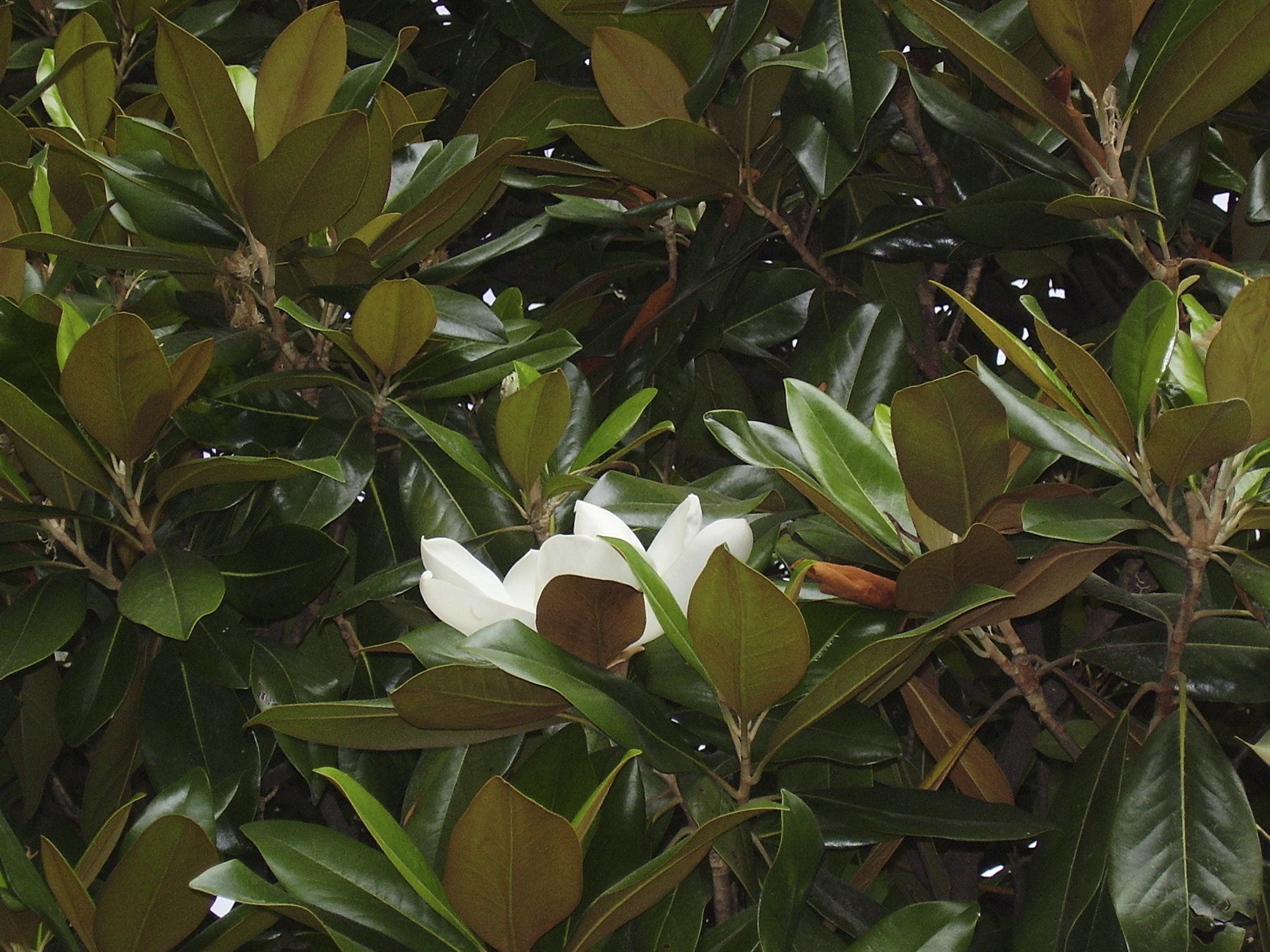Different Varieties Of Magnolia: Which Magnolias Are Deciduous


There are many varieties of the glorious magnolia tree. The evergreen forms perform year-round, but deciduous magnolia trees have a unique charm that's all their own, with early-season interest that rivals flowering cherries. These trees flower before the leaves emerge, trumpeting spring with huge, lightly scented blooms. If you are choosing a tree, learn which magnolias are deciduous before you decide which of the different varieties of magnolia is perfect for your garden.
Which Magnolias are Deciduous?
There are both evergreen and deciduous magnolia trees. In the large group of magnolias, deciduous trees are noted for their frost hardiness and attractive form. Some of the different varieties of magnolia are even known to flower in late winter and continue until the end of summer. These may have huge saucer or star-shaped flowers in a variety of hues. If you are walking about your neighborhood and spy an especially appealing magnolia species, how can you know if it is one of the deciduous magnolia varieties? If the plant is just showing flowers but the leaves have not yet unfurled, it is a deciduous form. The lack of leaves actually showcases the blooms better than varieties that have their leaves at the time of flowering. The effect is startling and almost stark, but it allows the viewer to appreciate the flowers with simplicity.
Magnolia Deciduous Trees
Deciduous magnolias come in a wide range of forms and sizes. There are over 40 species of deciduous magnolia varying from 80 feet tall (24.5 m.) monsters to the diminutive M. stellata x kobus at only 3 to 4 feet (1 m.) in height. The bigger forms are the cultivars of M. cabellii with white blooms blushed pink on the interior or pink flowers with creamy centers. More common are 25 to 40 foot (8-12 m.) tall specimens like M. acuminanta, M. denudata, and M. soulangeana. Magnolia soulangeana runs about 25 feet (8 m.) in height and has eight cultivars and hybrids with huge saucer to tulip-shaped blooms in hues of purple, cream, white, and even yellow. Magnolia denudata is heavily scented and blooms early in late winter. Magnolia ‘Black Tulip’ is an arresting larger tree with tulip-shaped, deep red blooms that are almost black and have an inviting aroma.
Smaller Deciduous Magnolia Varieties
White Stardust is a tiny tree, only 4 feet (1 m.) tall, but it has sweet little ivory white scented blooms. The plant is a cross with Stellata, a group of 8 to 20 feet tall (6 m.) plants. These produce starry flowers that give a tasseled elegance to the trees. Magnolia loebneri are tidy little trees of 8 to 10 feet (2-3 m.) with deep pink buds and faded pink or ivory aromatic blooms. A cross of acuminata and denudata resulted in ‘Butterflies,’ a unique 16 foot (5 m.) tall plant with amazing yellow blooms. A nice, small, upright shrub/tree is ‘Nigra,’ which produces consistent blooms of purplish red with pink interiors. There are many more crosses and cultivars to contemplate but any one of the deciduous varieties is easy to care for, needs little pruning, and performs well season after season.
Sign up for the Gardening Know How newsletter today and receive a free copy of our e-book "How to Grow Delicious Tomatoes".

Bonnie Grant is a professional landscaper with a Certification in Urban Gardening. She has been gardening and writing for 15 years. A former professional chef, she has a passion for edible landscaping.